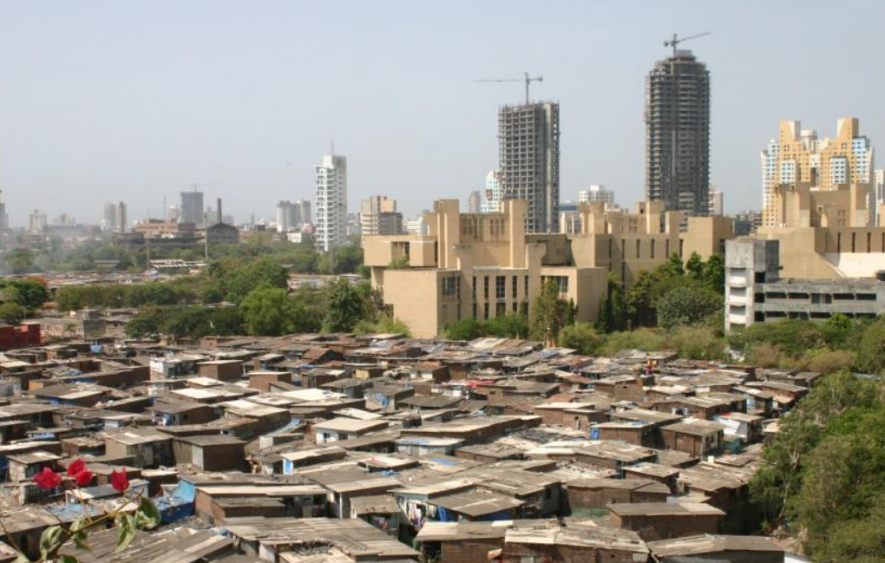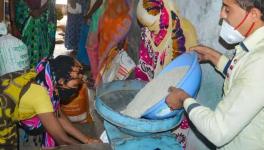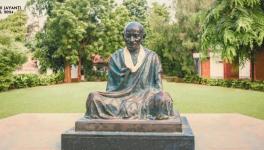'Economic Inequality in India Now Sharper Than Under British Raj'

The world’s largest democracy, which is providing free food to 81 crore poor Indians, also has “Billionaire Raj”. (Representational Image)
New Delhi: India may boast winding long highways and expressways, glittering airports, malls and skylines dotting its cities, but when it comes to economic inequality, it has become far worse than during British Raj, says a new paper by World Inequality Database.
The world’s largest democracy, which is providing free food to 81 crore hungry Indians, also has “Billionaire Raj” with the top 1% holding 22.6% income and 40.1% wealth in 2022-23, “among the very highest in the world, higher than even South Africa, Brazil and US,” says a new report, adding that it “is unclear how long such inequality levels can sustain without major social and political upheaval.”
The report, Income and Wealth Inequality in India 1922-2023: The Rise of Billionaire Raj, by Nitin Kumar Bharti, Lucas Chancel, Thomas Piketty, and Anmol Somanchi, has combined national income accounts, wealth aggregates, tax tabulations, rich lists, and surveys on income, consumption, and wealth in a consistent framework to present long run homogeneous series of income and wealth inequality in India.
The paper comes at a time when government data is scarce or whatever available just skims the surface when it comes to the real state of the country’s economy, such as on unemployment, poverty, income etc.
Among the key findings, the paper found that after Independence, till the early 1980s, economic inequality had declined. Thereafter, it started rising and ‘has skyrocketed since the early 2000s.”
In what is a clear reflection of ‘crony capitalism’ under the Narendra Modi government, the paper notes that “between 2014-15 and 2022-23, the rise of top-end inequality has been particularly pronounced in terms of wealth concentration.”
“By 2022-23, top 1% income and wealth shares (22.6% and 40.1%) are at their highest historical levels and India’s top 1% income share is among the very highest in the world, higher than even South Africa, Brazil and US,” it says.
The paper also found “suggestive evidence” that the Indian income-tax system could be “regressive when viewed from the lens of net wealth.”
To check growing income inequality, the paper suggests restructuring of the tax regime to account for both income and wealth.
It also calls for higher public investments in health, education and nutrition.
To raise resources for higher public spending, the paper suggests a “super tax of 2% on the net wealth of the 167 wealthiest families in 2022-23, that would yield 0.5% of national income in revenues and create valuable fiscal space to facilitate such investments.”
The paper says the given India’s geographical size and population, now highest in the world, the distribution of economic growth in the country has significant consequences on global inequality dynamics.
It calls for “improved access to official data and greater transparency to enhance the study of inequality and enable evidence-based public debates.”
The paper concludes with the deep concern over “such high levels of inequality”. It says the “extreme concentration of incomes and wealth is likely to facilitate disproportionate influence on society and government”.
It notes that is more so in the context of weak democratic institutions.
“After largely being a role model among post-colonial nations in this regard, the integrity of various key institutions in India appears to have been compromised in recent years. This makes the possibility of India’s slide towards plutocracy even more real,” it adds.
Get the latest reports & analysis with people's perspective on Protests, movements & deep analytical videos, discussions of the current affairs in your Telegram app. Subscribe to NewsClick's Telegram channel & get Real-Time updates on stories, as they get published on our website.
























